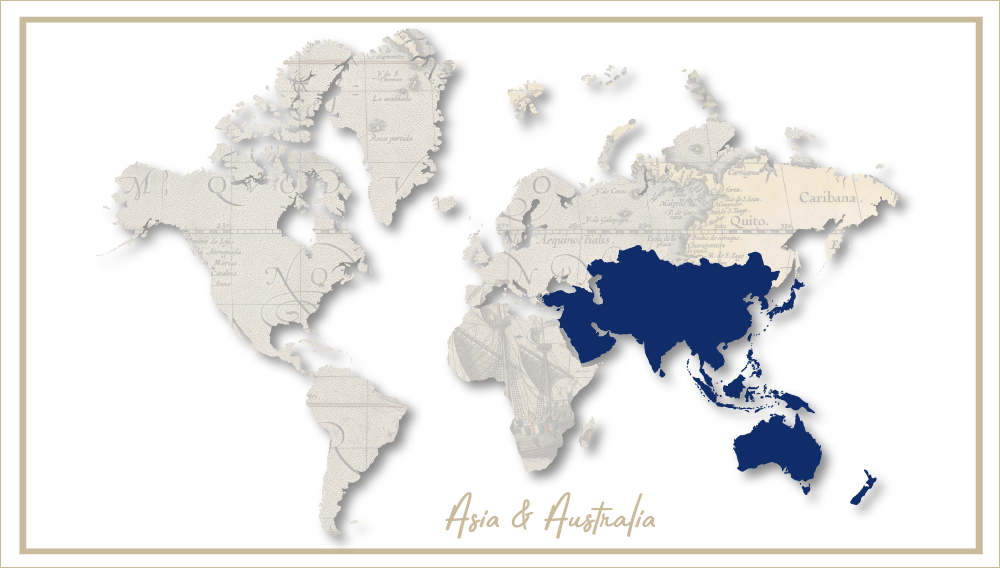When beer is soft, diversify to soft drinks
The deal between Sapporo and Pokka, if completed in September, could go down in history as two drunks propping each other up pretending to be sober.
Pokka’s is the story of a buy-out that has fallen on hard times. Advantage Partners, an investment company, backed a management buy-out that took Pokka private in 2005. Pokka’s eventual goal has been to return to the stock exchange, but the worsening business environment prompted Advantage Partners to seek support from other food and beverage makers.
Sapporo, despite woes of its own, was willing to tie up with Pokka, hoping that the partnership with Pokka will add momentum to its recovery. In a recent research note, Credit Suisse wrote that Sapporo’s real estate business had contributed over 60 percent to group operating profits during the past financial year ended 31 December 2008, meaning: Sapporo is a real-estate company at heart and should be treated as such.
In effect, Credit Suisse only repeated what Sapporo’s activist investor and major shareholder, the U.S. investment fund Steel Partners, had said earlier last year: that Sapporo should consolidate its beer business (read: sell) and redevelop its real-estate holdings (read: do more about it).
Naturally, Sapporo’s management rejected the plan.
Many Japanese observers have applauded the deal – obviously for patriotic reasons – saying that a tie-up between Sapporo and Pokka would create a soft drink company that could take on Coca-Cola in Japan.
Again, this seems a highly contentious claim.
Allegedly, Coca-Cola has a market share of 30 percent in Japan’s packaged soft drinks market, followed by Suntory with 18.3 percent and Kirin with 11.1 percent. Sapporo has 1.4 percent and Pokka 1.8 percent. If combined that would add up to less than 4 percent.
How that sort of market share is supposed to make The Coca-Cola Company tremble in its boots, is beyond us at BRAUWELT International.

